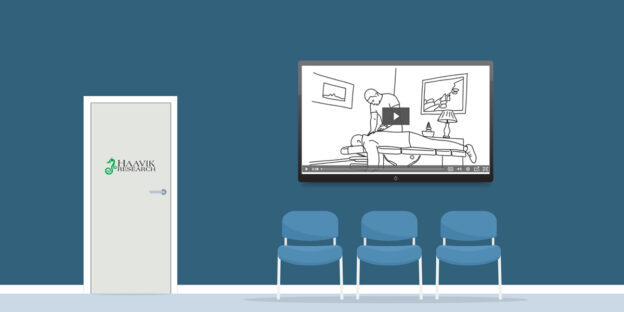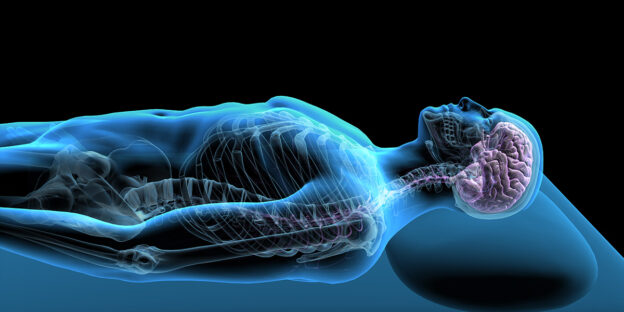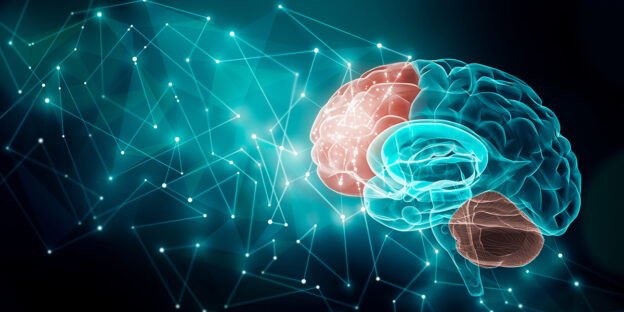Basic Science Level 1
For junior chiropractic students or chiropractic assistants who have not yet gained any in-depth knowledge about anatomy, physiology, or pathology. The facts about why good spinal function is so important, what happens when we adjust the spine, the detrimental impacts of stress and trauma, the important role of brain mal-adaptations in chronic pain, and how chiropractic care can improve strength and alter the prefrontal cortex and cerebellum function.
BS1.01 The Many Models of the Chiropractic Subluxation
64 Minutes - An introduction into chiropractic neuroscience and the chiropractic subluxation
BS1.02 The Brain Model of the Chiropractic Subluxation
76 Minutes - How a healthy and a dysfunctional spine communicates with the brain
BS1.03 Your first visit to a Chiropractor
45 Minutes - What to expect from your first visit and "what is that popping sound"
BS1.04 Your first adjustment
42 Minutes - What is an adjustment, how does it work and what to expect.
BS1.05 How Stress affects your Health
55 Minutes - What causes symptons of stress and how chiropractic care may help.
BS1.07 Spinal Function Affects Brain Function
54 Minutes - How spinal dysfunction can potentially send a confusing message to the brain.
BS1.08 Adjustments Improve Strength
46 Minutes - The effect of chiropractic on muscle strength and the latest research studies.
BS1.09 The Prefrontal Cortex and Cerebellum
66 Minutes - Chiropractic studies have shown adjustments can change processing in the brain.
BS1.10 How to Explain Pain
53 Minutes - How the brain effects pain perception and the benefits of chiropractic care.
BS1.11 Chiropractic and Pain
50 Minutes - The effects of chiropractic on pain and the benefits other than pain relief.











